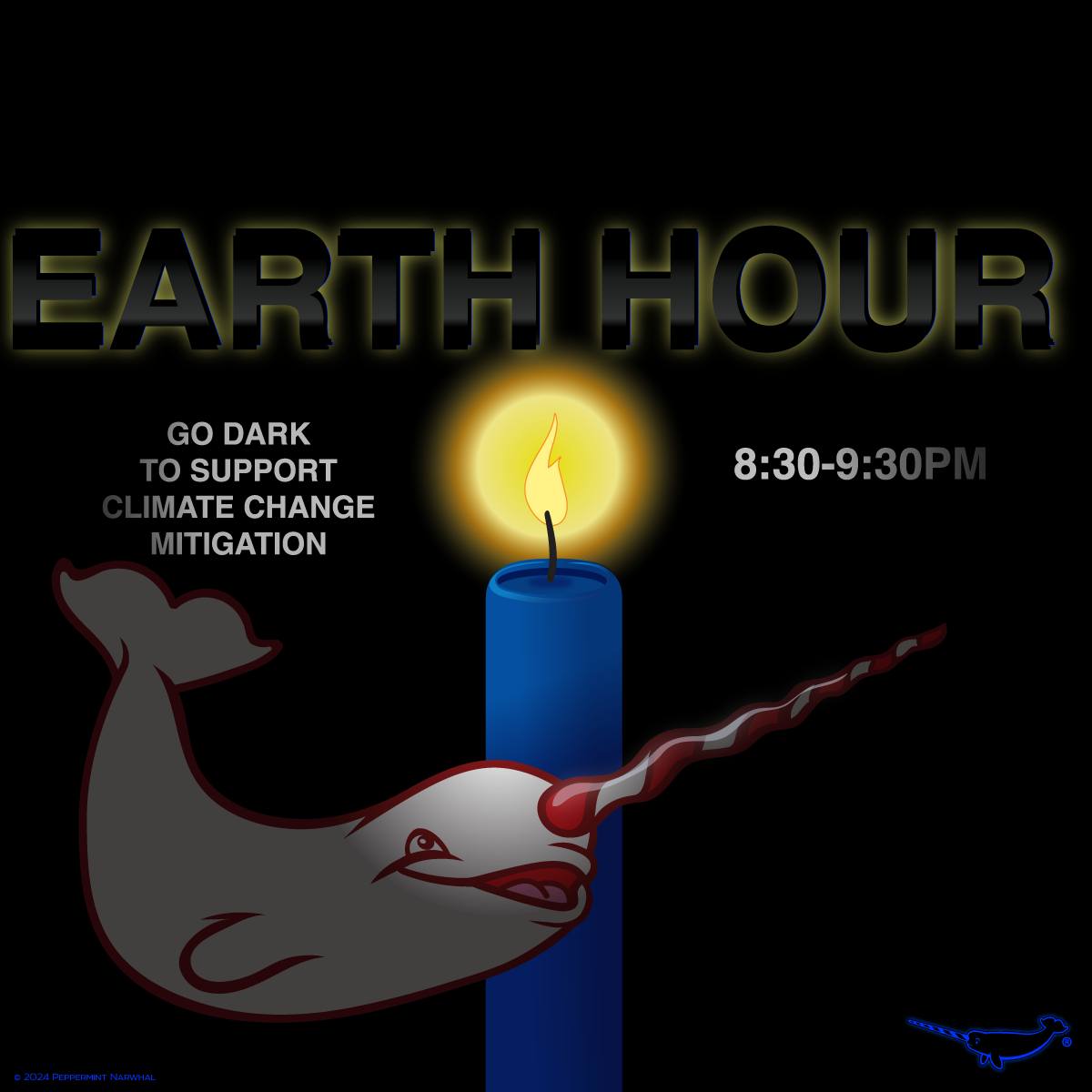– The significance of Earth Hour in driving global awareness and action for climate change mitigation
– How unplugging devices during Earth Hour can contribute to energy conservation and reduce carbon footprint
– The role of zoology and wildlife conservation efforts in combating climate change
– A call to action: Why participation in Earth Hour is a step towards a more sustainable future
Today is Earth Hour Day, and people are encouraged to go dark and unplug all devices from 8:30 to 9:30 pm. This initiative is a symbolic act of darkness and a global statement for climate change mitigation. Understanding the implications of this event, especially from the perspectives of zoology, zoo management, and wildlife conservation, reveals the interconnectedness of our actions with the planet’s health and the well-being of its inhabitants.
**The Significance of Earth Hour in Driving Global Awareness and Action for Climate Change Mitigation**
Earth Hour, initiated by the World Wildlife Fund (WWF), began in Sydney, Australia, in 2007. This event has grown into a worldwide movement, showcasing the power of collective action. Participating in Earth Hour serves as a reminder of the impact of energy consumption on the planet. By turning off non-essential lights and electronic devices for one hour, millions of individuals contribute to a significant reduction in electricity use, demonstrating the potential of combined small actions leading to substantial environmental benefits.
**How Unplugging Devices During Earth Hour Can Contribute to Energy Conservation and Reduce Carbon Footprint**
Unplugging devices for just one hour may seem insignificant, but the cumulative effect is far from trivial when millions participate. Energy production is one of the largest sources of carbon dioxide emissions globally, with fossil fuels such as coal, oil, and natural gas being the primary contributors. By reducing electricity demand, even temporarily, we can decrease reliance on these energy sources and, consequently, lower carbon emissions. Moreover, this action is a practical step towards energy conservation, prompting individuals to consider the necessity of each watt consumed.
**The Role of Zoology and Wildlife Conservation Efforts in Combating Climate Change**
From a zoological and conservation standpoint, the connection between Earth Hour and the broader fight against climate change is clear. Climate change poses one of the most significant threats to biodiversity. Altered habitats, shifting ecosystems, and the increasing frequency of extreme weather events put immense pressure on wildlife populations. Conservationists and zoologists work tirelessly to mitigate these impacts, from rehabilitating affected species to creating genetically diverse populations capable of adapting to changing conditions. Participating in Earth Hour aligns with these efforts by highlighting the role of individual and collective actions in preserving our planet’s biodiversity.
**A Call to Action: Why Participation in Earth Hour is a Step Towards a More Sustainable Future**
Participation in Earth Hour symbolizes a commitment to a more sustainable lifestyle. It provides a moment to reflect on our daily energy use and its broader impacts on climate and habitats. Joining this global movement can spark long-term changes in behavior, encouraging more conscientious energy consumption, advocacy for renewable energy sources, and support for climate change mitigation efforts.
Engagement in Earth Hour can act as a catalyst for more significant involvement in environmental stewardship. It reminds us of the power of collective action and the difference each individual can make. Zoos and conservation organizations often participate in and promote Earth Hour, using it as an educational tool to raise awareness about the need for wildlife conservation and the threats posed by climate change.
In conclusion, Earth Hour Day offers a vital opportunity for reflection and action in the face of climate change. Every individual’s decision to participate and unplug contributes to a significant global energy conservation effort and symbolizes a broader commitment to environmental sustainability. We illuminate the path towards a more sustainable and biodiverse future as we go dark for one hour. Let this Earth Hour remind us of our shared responsibility and potential for a positive impact on the world’s climate and its inhabitants.
*****
Source Description
Today is Earth Hour Day!
Go Dark and Unplug All Devices to Support
Climate Change Mitigation from
8:30–9:30 pm – Today (March 30)
Shop www.peppermintnarwhal.com

